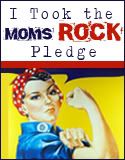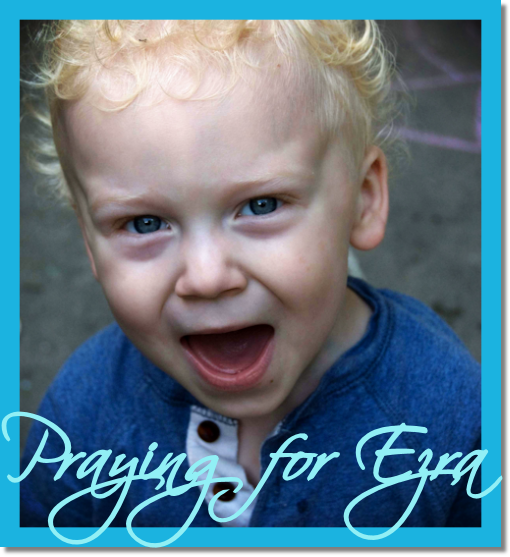There is no doubt that personal hygiene is important to good health, but how much is enough? Sales of personal care products for children have jumped significantly in the past decade in part because marketers continue to redefine the "needs" of children in order to increase profits. One of the biggest new "necessities" is antibacterial products. Marketers have done a brilliant job at making parents feel like they need a scrupulously sanitized home and if you scrub enough with enough antibacterials and disinfectants you can rid the world of germs and bacteria and keep your family safe and healthy.
Guess what? Antibacterials are not all they're cracked up to be. Consider these facts, shared with Healthy Child by Jay Feldman of Beyond Pesticides:
* The most common illnesses (colds, flu and gastrointestinal upsets) are caused by viruses. Antibacterials have little or no effect on viruses.
* Antibacterial products target good bacteria as well as bad, but our bodies need those good bacteria. They help us digest our food, for example, and keep harmful microorganisms from entering our bodies through our main orifices like our mouths and nose.
* The bad bacteria we encounter typically have no impact on a healthy immune system. In fact, only 1 percent to 2 percent of microbes are likely to make us sick.
* Bacteria are so prevalent and reproduce so fast that it's impossible to eliminate them anyway. In addition, a large number of recent studies have found substantial evidence that certain antibacterial products actually promote the emergence of bacteria resistant to antibiotic medications and antibacterial cleansers
* Research shows that plain soap and water is just as effective for hand washing as products containing triclosan. The Nonprescription Drugs Advisory Committee, which advises the Food and Drug Administration (FDA), voted 11-1 that antibacterial soaps and washes were no more effective than regular soap and water in fighting infections-both work equally as well.
* The overuse of triclosan (and other antibacterials) could potentially be increasing the incidence of allergies. The "hygiene hypothesis" theorizes that there is a correlation between too much hygiene and increased allergies and asthma. Studies have found an increase in the frequency of allergies, asthma and eczema in persons who have been raised in more sterile and hygienic environments. Through over-cleaning ourselves, The theory states, the body's immune system is not challenged, and thus it is prevented from developing and maturing.
* Even the American Medical Association concludes, "Despite their recent proliferation in consumer products, the use of antimicrobial agents such as triclosan in consumer products has not been studied extensively. No data exist to support their efficacy when used in such products or any need for them...it may be prudent to avoid the use of antimicrobial agents in consumer products."
Visit Healthy Child Healthy World to learn safer ways to keep germs at bay.
Saturday, June 27, 2009
Antibacterials Are Not the Answer
Posted by Lagean Ellis at Saturday, June 27, 2009
Subscribe to:
Post Comments (Atom)




























2 comments:
I still plan to scrub up!!!
Interesting post, Gena. There's so much CRAP out there to buy---and people just keep buying it. Wish we'd just go back to the olden days when things were more simple and there were more 'old home remedies'...
Hugs,
Betsy
Post a Comment